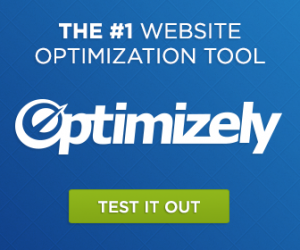Getting access to the courses you need without overpaying is entirely possible with the right approach and a bit of strategic thinking. With education becoming increasingly expensive, it is essential to understand how to navigate the wide array of learning options now available online and offline. Many learners fall into the trap of assuming that high cost equals high quality, but that is not always the case. Today, there are countless free and low-cost alternatives that offer the same, if not better, educational value compared to traditional expensive programs. Open educational resources OERs, such as MIT Open Courseware, Coursera, edX, and Khan Academy, provide access to high-quality content from world-renowned institutions, often at no cost. These platforms cover a wide range of subjects from technology and business to arts and humanities and are ideal for those looking to gain practical knowledge without breaking the bank. Another effective strategy is to take advantage of subscription-based learning platforms.

Instead of paying per course, you pay a monthly or yearly fee that gives you access to an entire library of courses. This model is particularly useful if you are planning to learn multiple subjects or want to explore different topics before committing to a specialization. Websites like Skillshare, LinkedIn Learning, and Udemy frequently offer discounts and bundle deals, making it easier to afford several courses for the price of one traditional class. Additionally, The Best And Most Affordable Premium Course Store has many of these platforms include reviews, ratings, and sample lessons, which can help you choose the best course for your goals and avoid wasting money on low-quality content. Financial aid and scholarships are also widely available for those who qualify. Many online platforms and educational institutions offer need-based assistance, allowing students to access premium courses for free or at a significantly reduced rate. Some organizations even sponsor courses or provide grants for people pursuing careers in high-demand fields like technology, healthcare, and education.
Moreover, many employers are now offering professional development support, reimbursing employees for online classes that contribute to their job performance or career growth. Do not hesitate to ask your HR department if such benefits exist at your workplace it could save you hundreds, if not thousands, of dollars. Local libraries, community colleges, and nonprofit organizations are other excellent resources that often go overlooked. They frequently host workshops, certificate programs, and even college-level courses at little to no cost. These programs are designed to be accessible and practical, making them ideal for people looking to upskill without the commitment or cost of a full degree. Some libraries also offer free access to paid online platforms, such as Lynda.com or Rosetta stone, giving you even more learning opportunities without spending a dime. Ultimately, the key to getting the courses you need without overpaying lies in researching your options, being resourceful, and thinking critically about your educational goals.

